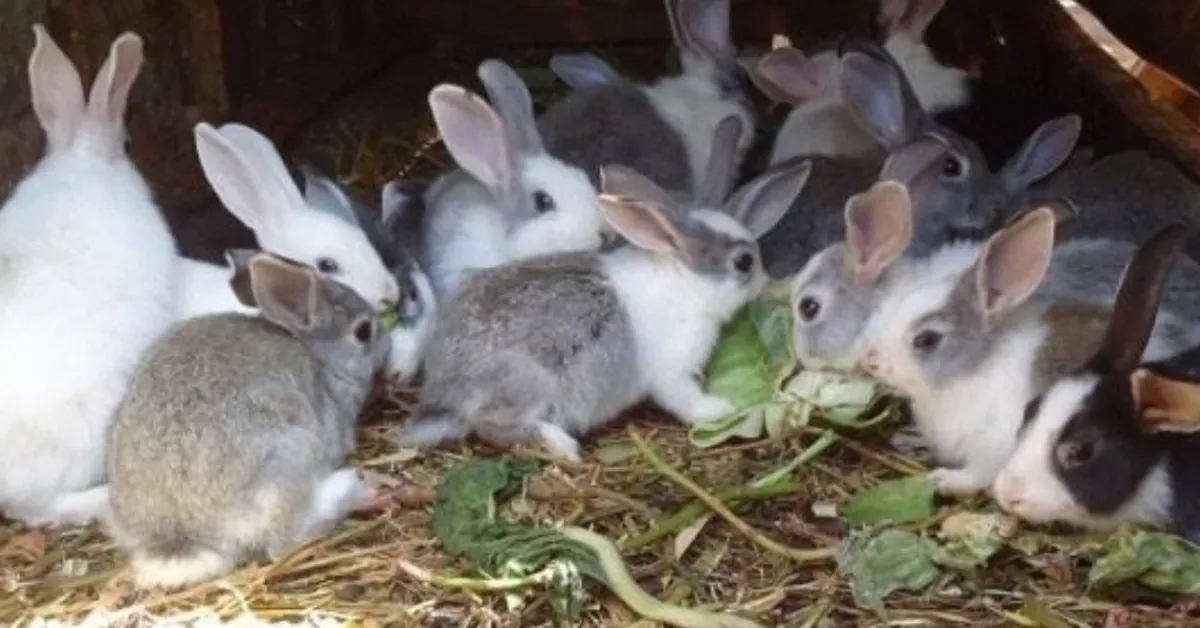How 10,000 Farmers Are Turning Rabbit Breeding into Profitable Venture in Coastal Kenya

Rabbit farming is rapidly gaining traction as a viable and sustainable livelihood option in Mombasa County, Kenya, the nation's smallest county by landmass.
Approximately 10,000 farmers are now engaged in cuniculture, drawn to its cost-effectiveness and potential for economic empowerment. Justin Magiri, founder and director of Milimag Rabbits Farm (MRF) in Bamburi-Utange, is at the forefront of this burgeoning agricultural trend. With a background in finance, Magiri emphasizes the crucial role of sound financial management in ensuring the success of any farming enterprise.
He recently demonstrated his commitment to agricultural education by leading a workshop in collaboration with the Mombasa Women Network in Agribusiness, training 600 women farmers. Although rabbit farming is still in its early stages in Mombasa, Magiri highlights its potential benefits. Rabbit meat is a lean protein source, low in cholesterol and rich in essential nutrients such as vitamin B12 and omega-3 fatty acids.
These qualities make it an attractive dietary option for individuals managing cardiovascular conditions and those seeking healthier lifestyles. Beyond meat production, rabbit farming also provides diverse revenue streams through the sale of skins, urine, and manure. Rabbit droppings, in particular, serve as an effective organic fertilizer, enhancing soil fertility and reducing the need for chemical pesticides. MRF’s field coordinator, Stephen Msechu, notes the accessibility of rabbit farming, especially for small-scale farmers.
Rabbits require minimal space and feed, making them an ideal option for those with limited resources. Their rapid reproductive cycle further enhances their suitability for commercial ventures.
Matma Barayan, chairperson of the Youth Enterprise Development Fund, encourages young Kenyans to take advantage of government loan programs to establish rabbit farms. Efforts are also underway to ensure food safety and market access.
Certified slaughterhouses, licensed by the Ministry of Agriculture and Livestock, maintain the quality of rabbit meat. MRF’s halal certification broadens its market reach within Mombasa’s diverse population. Looking beyond local markets, Magiri notes the rising demand for rabbit meat in countries like China, thus presenting an opportunity for Kenyan farmers to tap into international markets. However, exporting requires meticulous planning, licensing, and capacity building to meet global standards.
The selection of rabbit breeds is also vital for commercial success. Hybrid varieties such as the Chinchilla, New Zealand White, Californian White, Havana, and Flemish Giant are favoured for their adaptability, rapid growth, and high-quality meat production. Ali Noor, representing the Mama Ngina Waterfront Park, praises MRF’s efforts to empower local women through knowledge transfer. These agribusiness skills not only improve livelihoods but also contribute to sustainable development in Mombasa County.














Add new comment